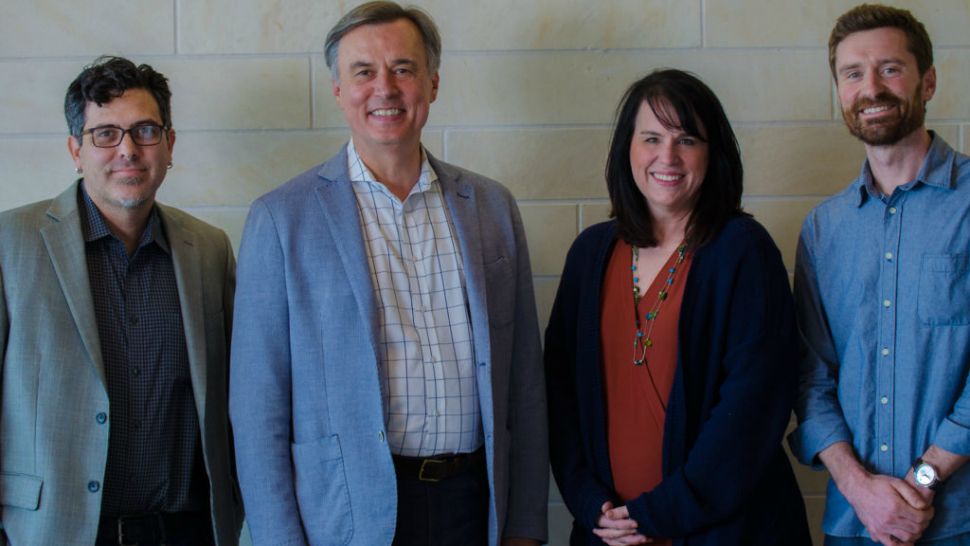AUSTIN, Texas -- The National Science Foundation has awarded The University of Texas at Austin a $1.2 million Smart and Connected Health grant to support research using smartphones to monitor the activity and behavior of 1,000 pregnant women in the Austin area.
• Ultimate goal of the research is to understand factors that influence pregnancy and inform individualized pregnancy care
• Currently, the team is using machine learning to analyze the risk of having an unplanned C-section
• Study will be conducted by a teams from Dell Medical School’s Department of Women’s Health, Texas Advanced Computing Center and the Institute for Computational Engineering and Sciences
Women in the U.S. are more likely to die from childbirth or pregnancy-related causes than other women in the developed world. About 700 women die each year in the U.S. as a result of pregnancy or delivery complications.
The ultimate goal of the research is to better understand factors that influence pregnancy and inform individualized pregnancy care. The research will cover complications including maternal mortality, emergency C-sections, stillbirth, neonatal death and pre-term birth. Participants will download a smartphone application originally developed at Harvard University and modified by the UT team to collect physical, social and behavioral data. The app captures activity over time such as a participant’s movement, interaction with her social network, typing speed and screen time.
RELATED | UT Austin gets $60 million grant for supercomputer
The study will be conducted by a team of researchers and physicians from Dell Medical School’s Department of Women’s Health, the Texas Advanced Computing Center and the Institute for Computational Engineering and Sciences.
Radek Bukowski is a co-principal investigator on the grant who is a practicing high-risk obstetrician and associate chairperson of women’s health at Dell Med.
“The project is innovative, full of promise and unprecedented in the novelty of its approach,” said Bukowski.
Analysis of the digital data, in combination with traditional clinical data, will help researchers develop a profile of pregnancy. Currently, the team is using machine learning to analyze the risk of having an unplanned C-section.
Karl W. Schulz, a co-principal investigator on the grant who is a research associate professor for ICES and an associate professor of women’s health at Dell Med. Schulz said that moving forward, TACC’s newly announced supercomputer, Frontera, is going to allow analysis on confidential and protected medical data and be “a great resource for research in computational health.”
The team is exploring using virtual and augmented reality to communicate the relationships between risk and possible health benefits to doctors and patients. They hope to draw on expertise in gaming and human-computer interaction to find ways to use augmented reality to help patients visualize risk versus reward of various health options.



